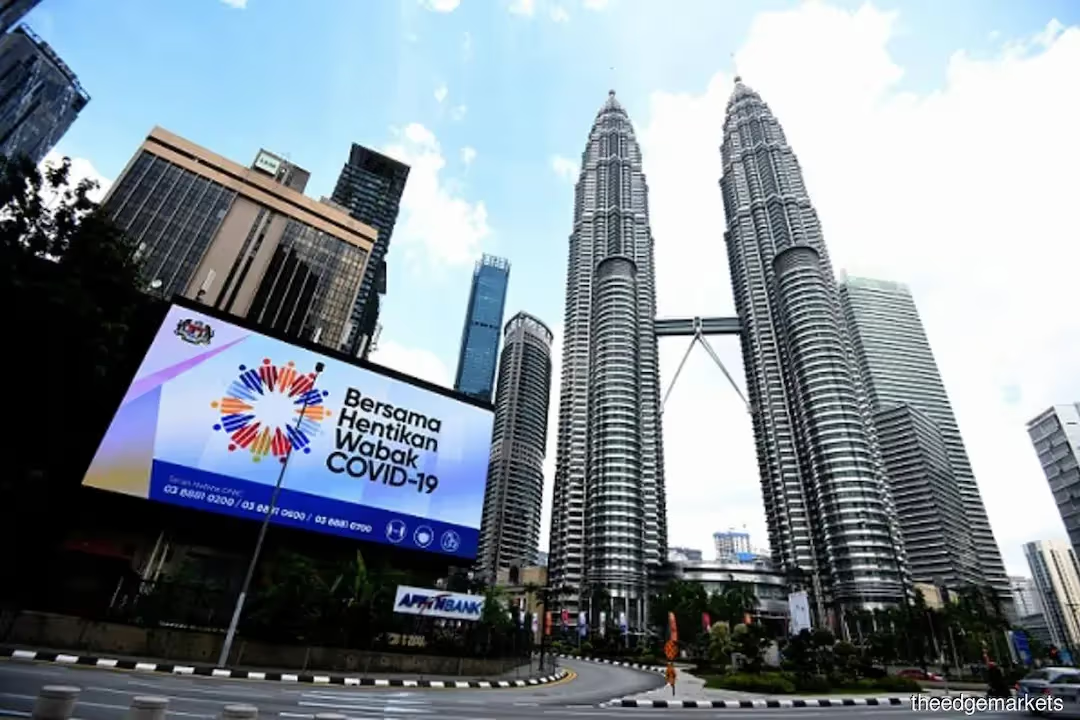
Khazanah Research: Paradigm shift needed for inclusive social protection after many broken promises
KUALA LUMPUR (Nov 24): A paradigm shift is needed for inclusive social protection in Malaysia and the government needs to build a more resilient system to ensure both the younger and older generations receive support to overcome the challenges of the Covid-19 pandemic, said Hawati Abdul Hamid, deputy research director at Khazanah Research Institute.
"[There are] a lot of broken promises that we [actually] failed to deliver on, to provide protection to all people.
"I am calling for us to really go 'back to basics'. By that, I mean we should really address the core risks that everyone faces over the course of their lives. But I think the priority in that regard should be our younger generation, because I think they are going to be our future. And they have been hit hard [by Covid-19], particularly in terms of developing their human capital.
"The other point is that Covid-19 has reversed a lot of the progress we have made, particularly on pension security. I think you know what has happened to the retirement security of our population, and that is something that we need to address with a new model to ensure at least basic social security in old age," she said during the Employees Provident Fund (EPF) briefing at the International Social Wellbeing Conference 2021, titled "The New Narrative: Turning the Tide on Inequality" on Wednesday (Nov 24).
On another note, former World Bank chief economist Kenneth Simler said Malaysia needs a new social contract that ensures equal opportunities for citizens to achieve its goal of becoming a high-income and high-development country.
"The new social contract should ensure equal opportunities for all Malaysians and incentivise them to stay and invest in Malaysia. To achieve this, more resources must be invested in building quality human capital and (in) enabling greater economic opportunities, especially for women," he said.
He said second-generation reforms to boost productivity and innovation-driven growth in the private sector are needed, as are measures to promote the development of citizens' skills and talents.
"Malaysia's public sector needs to operate more openly and transparently. The government also needs to generate more public revenue, do so more effectively and progressively, and use these resources more efficiently, especially to meet the needs of those in need.
“Under the social contract, the state acts to meet the needs of the population in a credible and accountable manner by investing in human capital, regulating intelligently, and enforcing rules and regulations in a more uniform way, while at the same time maintaining macroeconomic stability.
“In exchange, citizens must be enabled to exercise their right to hold the government accountable, while at the same time accepting the principle that all citizens should be treated equally and pay more taxes in return for the greater benefits that they receive,” Simler added.
Want more stories like these in your inbox?






